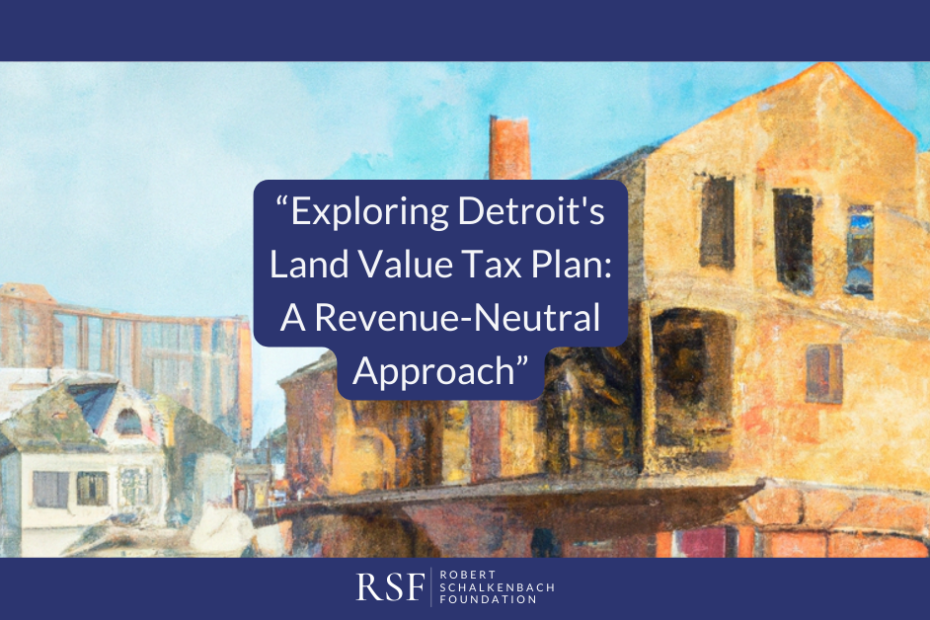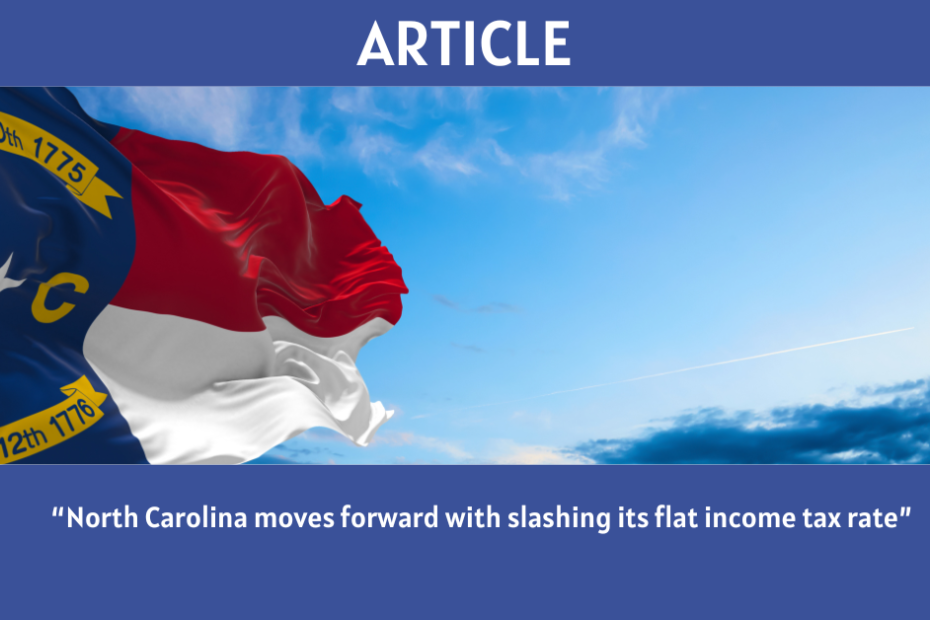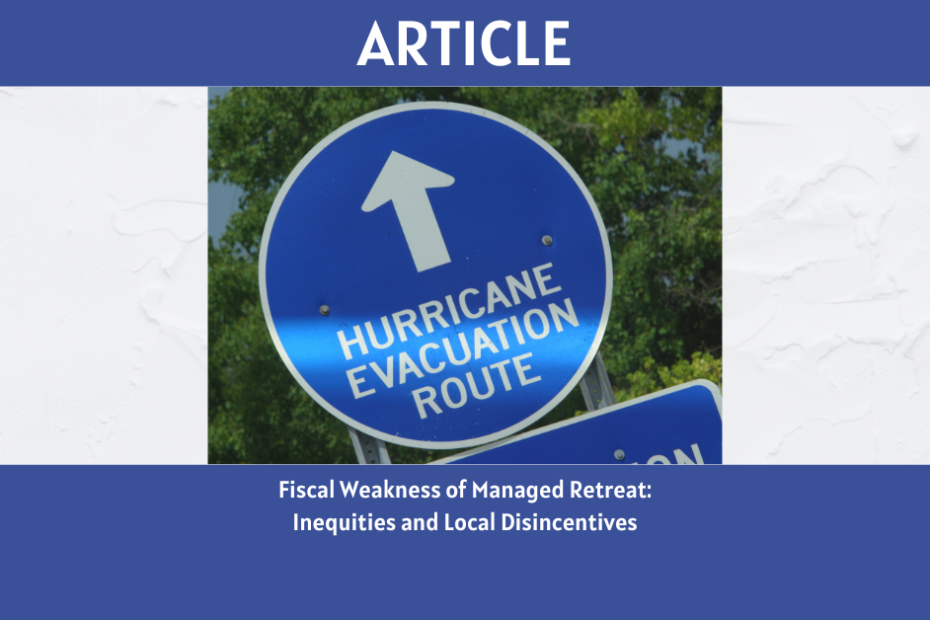Climate change poses a significant threat to numerous regions in the United States, rendering them increasingly uninhabitable due to rising sea levels, flooding, wildfires, and more. As a response to this challenge, managed retreat has emerged as a strategy to relocate affected households, neighborhoods, and even communities away from harm’s way. Although managed retreat can involve a number of processes, the use of buyouts––the voluntary purchasing of private properties using public funds (which is intended to spur the relocation of at-risk households to lower risk locations), is a critical (and in many places, virtually the only) tool in a policy maker’s toolbox.
While physically moving people out of harm’s way makes intuitive sense, the real world applications of managed retreat-related buyouts are highly complex, emotional, and fraught with weighty fiscal and equity implications. Here we explore some basic financial considerations of managed retreat, shedding light on the challenges faced by affected municipalities and fundamental flaws in the system as a whole.







